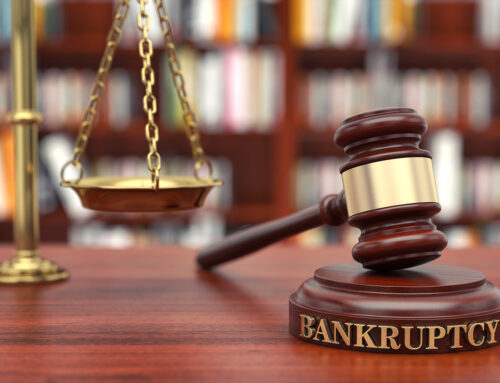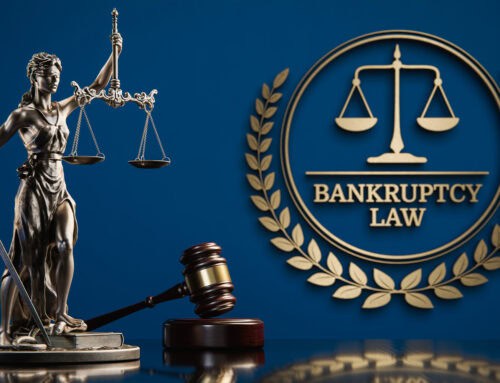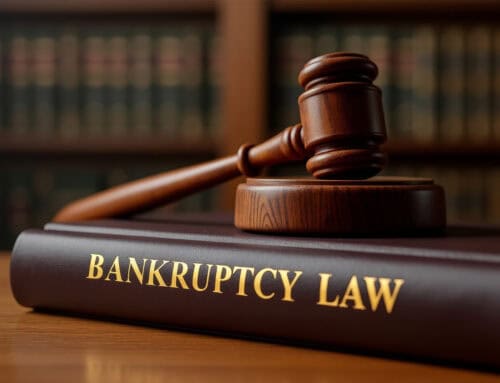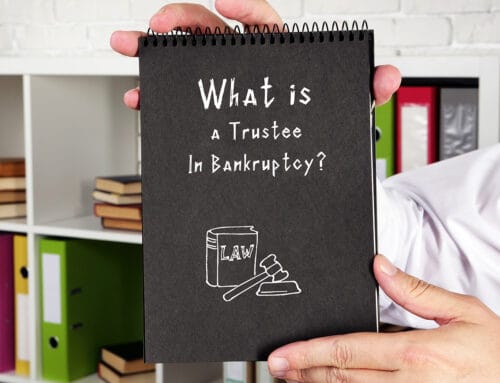Can Bankruptcy Stop Your Creditors? Understanding the Automatic Stay in California
Dealing with relentless calls from creditors and mounting debts can be overwhelming. For many Californians facing financial hardships, bankruptcy offers a legal pathway to regain control. One of the most powerful tools within bankruptcy law is the automatic stay. But what exactly is it, and how can it help you? This article delves into the nuances of the automatic stay and how it can provide immediate relief from creditor actions.
What Is the Automatic Stay?
The automatic stay is a legal injunction that goes into effect the moment you file for bankruptcy. It halts most collection activities by creditors, including phone calls, letters, lawsuits, wage garnishments, and even foreclosure proceedings. Essentially, it gives you breathing room to organize your finances without the constant pressure from creditors.
How Does the Automatic Stay Protect You?
Halts Creditor Communications
Once the automatic stay is in place, creditors are prohibited from contacting you directly. This means an end to harassing phone calls and threatening letters. All communications must go through your attorney or the bankruptcy court.
Stops Collection Actions
The stay puts an immediate stop to various collection activities, such as:
- Wage Garnishments: If a portion of your paycheck is being taken to repay a debt, the garnishment will cease.
- Bank Levies: Creditors cannot freeze your bank accounts to collect debts.
- Repossession: Efforts to repossess your car or other personal property must stop.
- Foreclosure Proceedings: If you’re facing foreclosure on your home, the automatic stay temporarily halts the process.
Prevents Utility Disconnections
If you’re behind on utility bills, the automatic stay can prevent disconnection of services like electricity, water, and gas for at least 20 days.
Suspends Evictions
In some cases, the automatic stay can delay eviction proceedings, giving you additional time to find alternative housing.
Limitations of the Automatic Stay
While the automatic stay offers broad protections, it’s not absolute. There are exceptions and limitations you should be aware of.
Multiple Bankruptcy Filings
If you’ve filed for bankruptcy multiple times within a year, the automatic stay may be limited or not apply at all. The court assumes that repeated filings may be an abuse of the system.
Certain Legal Actions Continue
Some proceedings are exempt from the automatic stay, including:
- Criminal Proceedings: The stay doesn’t halt criminal cases against you.
- Family Law Matters: Actions related to child support, custody, or divorce may proceed.
- Tax Audits: The IRS can still conduct audits, issue tax deficiency notices, and demand tax returns.
Motions to Lift the Stay
Creditors can file a motion to lift the automatic stay. If granted, they can resume collection activities. This often happens in cases involving secured debts like mortgages or car loans.
How Long Does the Automatic Stay Last?
The duration of the automatic stay depends on the type of bankruptcy you file:
- Chapter 7 Bankruptcy: The stay typically lasts until your debts are discharged, usually about three to four months.
- Chapter 13 Bankruptcy: The stay remains in effect throughout your repayment plan, which can last three to five years.
Automatic Stay in California: Specific Considerations
California has its own set of laws that interact with federal bankruptcy regulations, adding another layer of complexity.
Homestead Exemptions
California offers generous homestead exemptions, which protect a portion of your home’s equity during bankruptcy. This can be crucial in preventing foreclosure and keeping your home.
Community Property Laws
As a community property state, California considers most debts incurred during a marriage as joint debts. The automatic stay can provide protection for both spouses, even if only one files for bankruptcy.
State-Specific Creditor Actions
Certain state agencies may have unique rights in California. For example, the California Franchise Tax Board may have different rules regarding the automatic stay and tax collection.
Steps to Maximize the Benefits of the Automatic Stay
- Consult a Bankruptcy Attorney: Navigating the intricacies of bankruptcy law is challenging. An experienced attorney can help you understand your rights and obligations.
- Complete All Necessary Paperwork: Incomplete or incorrect filings can delay the automatic stay or limit its effectiveness.
- Notify Creditors: While the court sends notices to your creditors, it can expedite the process if you or your attorney notify them immediately after filing.
- Understand Your Obligations: Comply with all court requirements to maintain the protections offered by the automatic stay.
Reclaiming Control of Your Financial Future with Professional Guidance
The automatic stay is a powerful tool that can provide immediate relief from creditor actions, offering you a much-needed respite during challenging times. However, understanding its scope and limitations is crucial for making informed decisions about your financial well-being, especially within the context of California’s unique laws. Navigating the complexities of bankruptcy law can be daunting, and legal expertise ensures that you maximize the benefits while minimizing potential pitfalls.
At the Law Offices of Brent D. George, we specialize in helping Californians navigate the intricacies of bankruptcy proceedings. With a deep understanding of both federal and state regulations, we provide personalized guidance tailored to your unique situation. Our goal is to help you achieve financial relief while protecting your assets and rights.
Taking the first step toward financial freedom often requires support from experienced professionals who can help you explore all available options. Contact us today for a free, confidential consultation, and let us assist you on your journey toward a fresh financial start.
Disclaimer: This article is intended for informational purposes only and does not constitute legal advice. For personalized assistance, please contact our office at (805)494-8400.






